UG Hosts Inaugural South-South Migration Network Conference as Scholars Commit to Shifting Migration Narratives
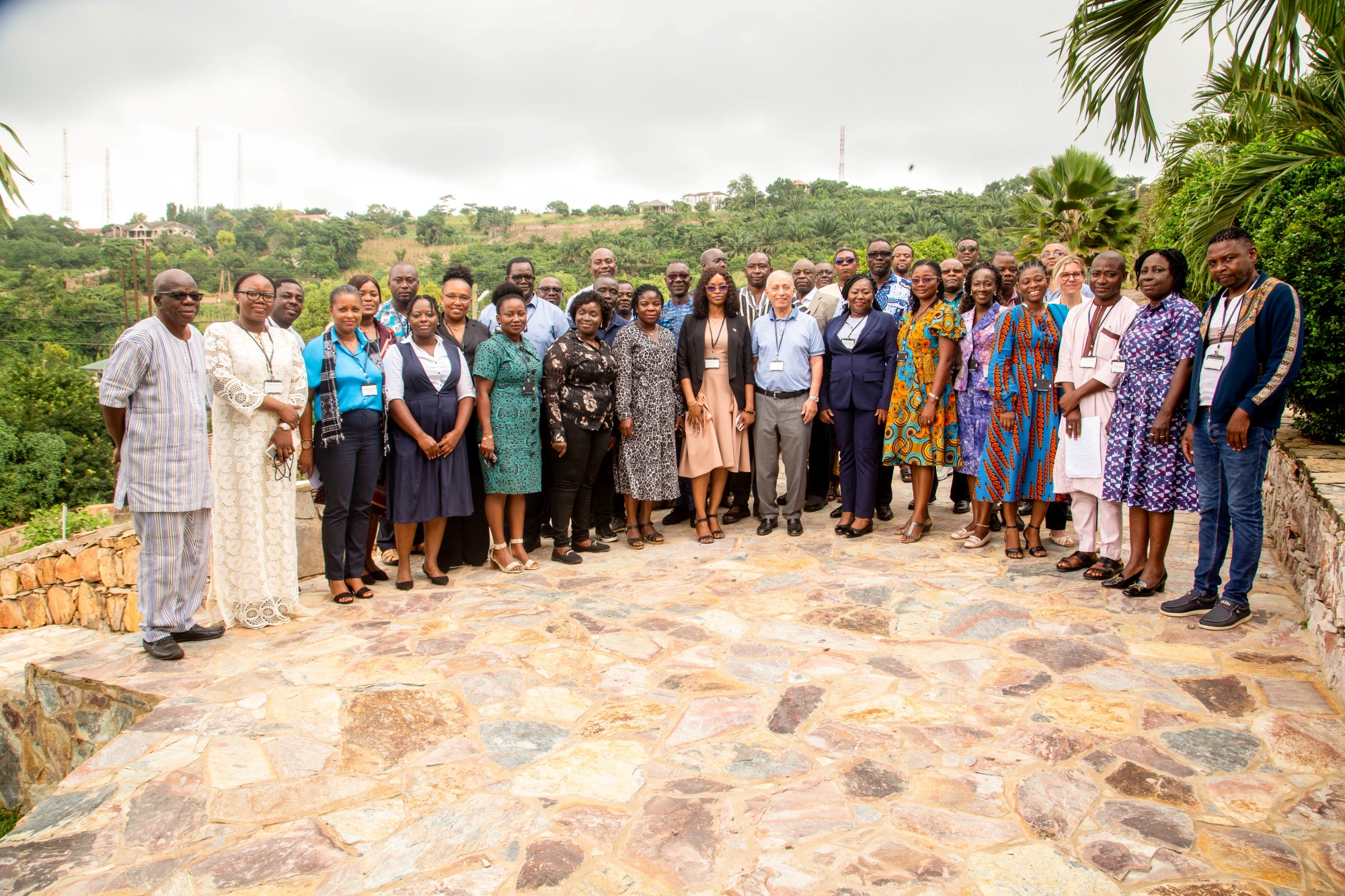
In a bid to promote collaboration among African scholars to produce knowledge that is both locally relevant and globally impactful, the Centre for Migration Studies at the University of Ghana and the University of Cape Town coordinated the maiden edition of the South-South Migration Network conference held in Ghana.
The two-day event set the agenda for changing negative narratives about migration and brought together migration academics, researchers, activists and affiliates from Ghana, Kenya, South Africa, Burkina Faso, Mozambique and Cape Verde, among others.
The International Development Research Centre Research Chair on Forced Displacement in Anglophone West Africa and Director of the Centre for Migration Studies, Prof. Mary B. Setrana, noted in her remarks that the aim, among others, was to decentralise knowledge production on migration research while also changing negative narratives on Global South migration.
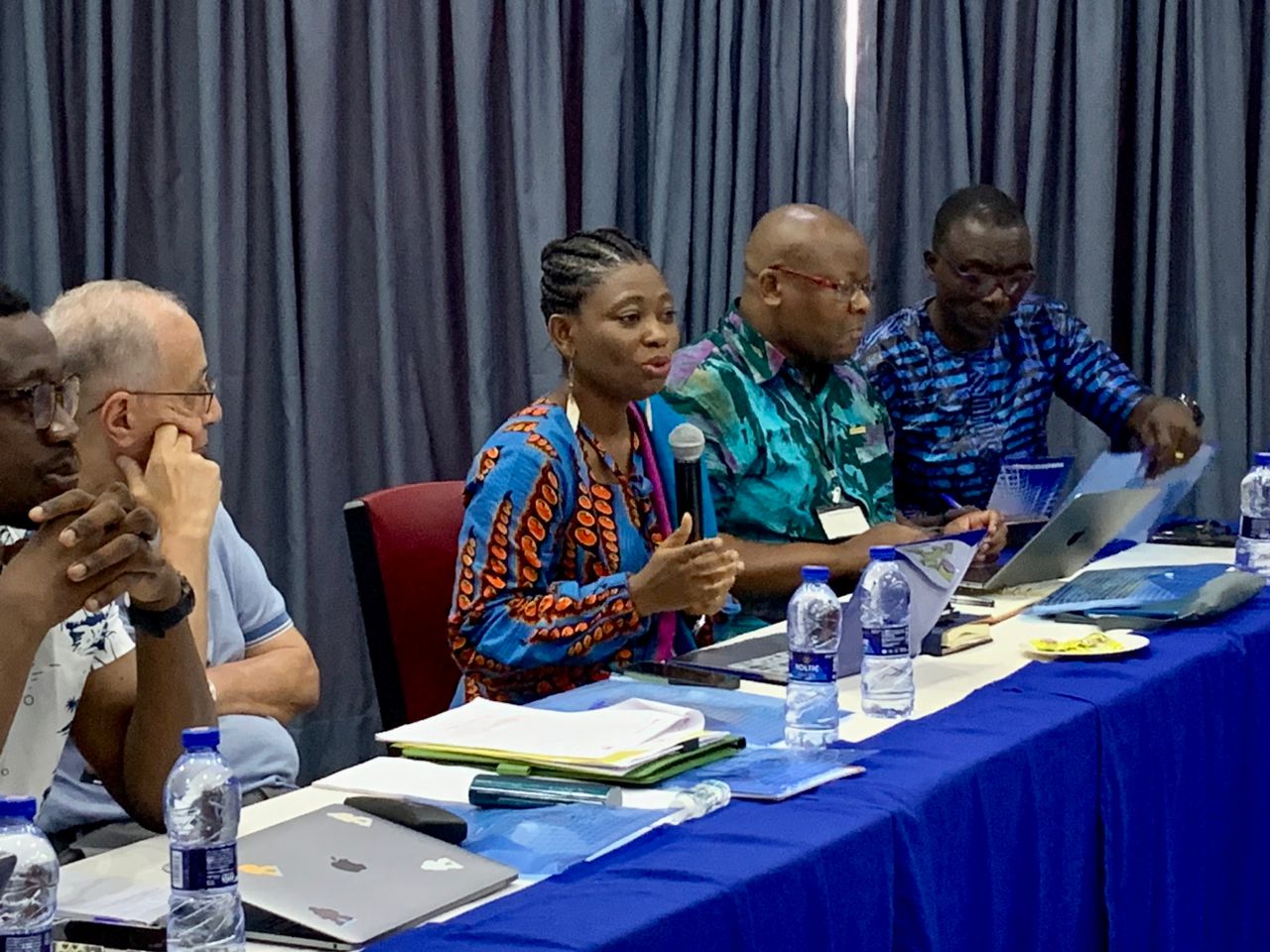
Prof. Setrana highlighted that “the workshop would take stock of the knowledge produced by previous and existing research for the purposes of comparative analysis with the aim of making an intellectual contribution to the field of South-South migration.”
Reflecting on the network's origins, Prof. Setrana recounted, “In 2018, over 80 migration researchers, teachers, activists and students, with a majority from the Global South, came together to research migration, inequality and development in the Global South.”
Addressing the purpose of the conference, Prof. Setrana stated, “To speak back to these and many other existing inequalities, we have put together this two-day meeting to create an avenue for the initiation of a network that gives African migration researchers, scholars, activists and migrant associations the opportunity to reflect and relearn from the bottom-up.”
Provost of the College of Humanities, Prof. Joseph Awetori Yaro, urged the scholars to actively engage in research that challenges and reshapes the prevailing narratives on migration in the Global South.
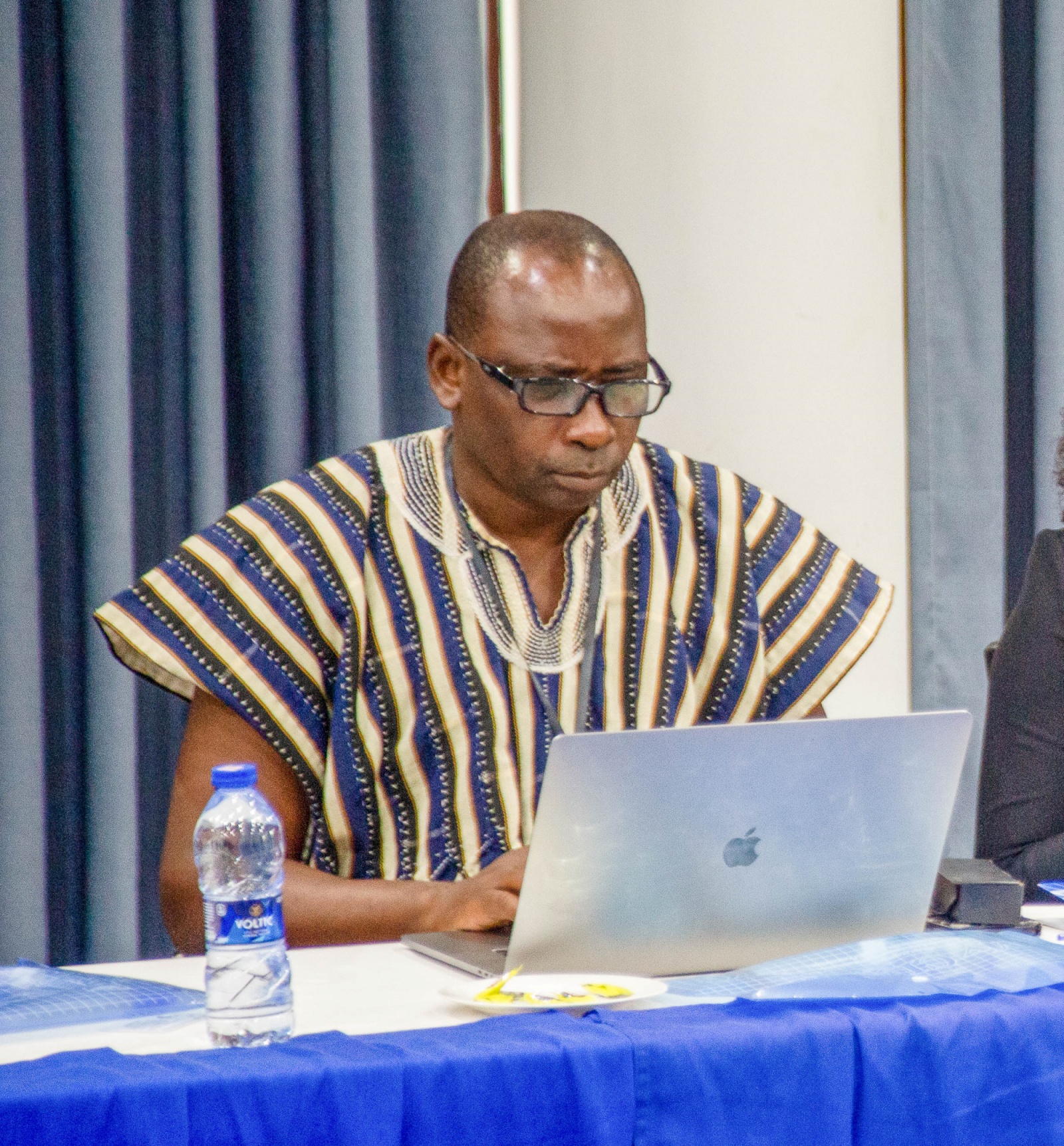
He highlighted that migration issues align with Priority 5 of the University's new research strategy, which focuses on politics, sociocultural change, mobility, and development. He also pledged the University’s support for the activities of the network.
Dr. Faisal Garba from the University of Cape Town and the African Institute Sharjah added that the network aims “to provide space for reflections on the commonalities and divergences from research findings, with an express commitment to bridging the linguistic divide that has kept African scholarship apart.”
He further mentioned that the network seeks “to develop a research and advocacy agenda, such as producing a South-South migration dictionary or a critical appraisal of continental policy frameworks on existing South-South migration-related issues and (im)mobility.”
Dr. Garba also highlighted the importance of engaging early career researchers, stating, “We also hope to programmatically engage newly minted PhDs and other early career researchers to push our agenda.” He stressed the need for internal sources of funding to sustain the network's activities, noting that it would be challenging to advance the agenda while relying on foreign donors.
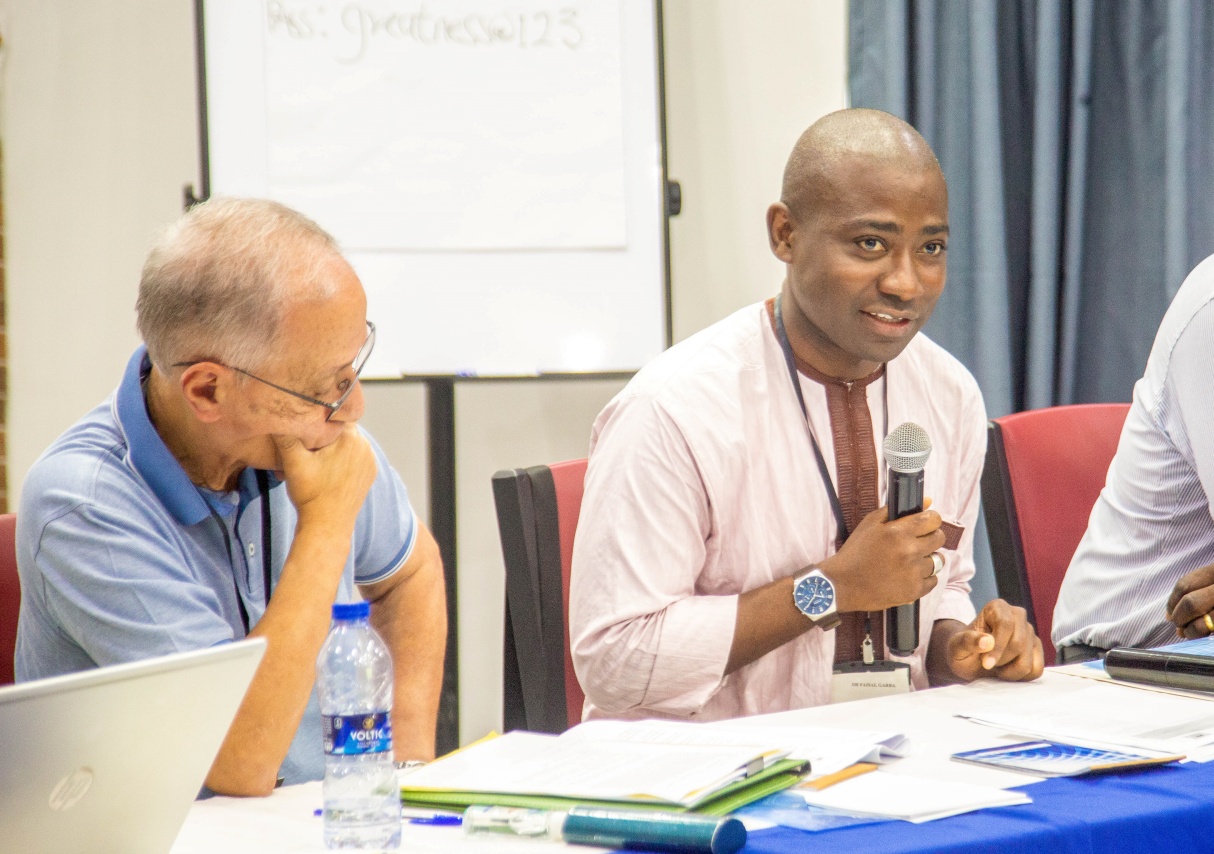
The conference also featured remarks from key figures in migration studies and related fields. Dr. Ibrahima Dia, Director of the African Centre for the Study and Research on Migration, representing the African Union, stressed the importance of the network in shaping Africa’s migration policies.
Dr. Godwin Murunga, Executive Secretary of the Council for the Development of Social Science Research in Africa (CODESRIA), underscored the role of the network in promoting interdisciplinary collaboration across the continent.
Prof. Ibrahim Awad, Director of the Center for Migration and Refugee Studies at the American University of Cairo, Egypt, pointed out the need for more inter-sub-regional research, starting from the conceptualisation to the implementation of the research. He stated that this approach would enhance the relevance and impact of migration studies in Africa.
On South-South migration collaborations, Dr. Alexandra Tapsoba from Joseph Ki-Zerbo University in Burkina Faso, mentioned the importance of equity, mutual respect and resource mobilisation. Similarly, Dr. Gabriel Lubale, Coordinator at the Kenya Institute of Migration Studies, recommended stronger collaboration between academia and industry to advance knowledge production on migration and mobility in the Global South.
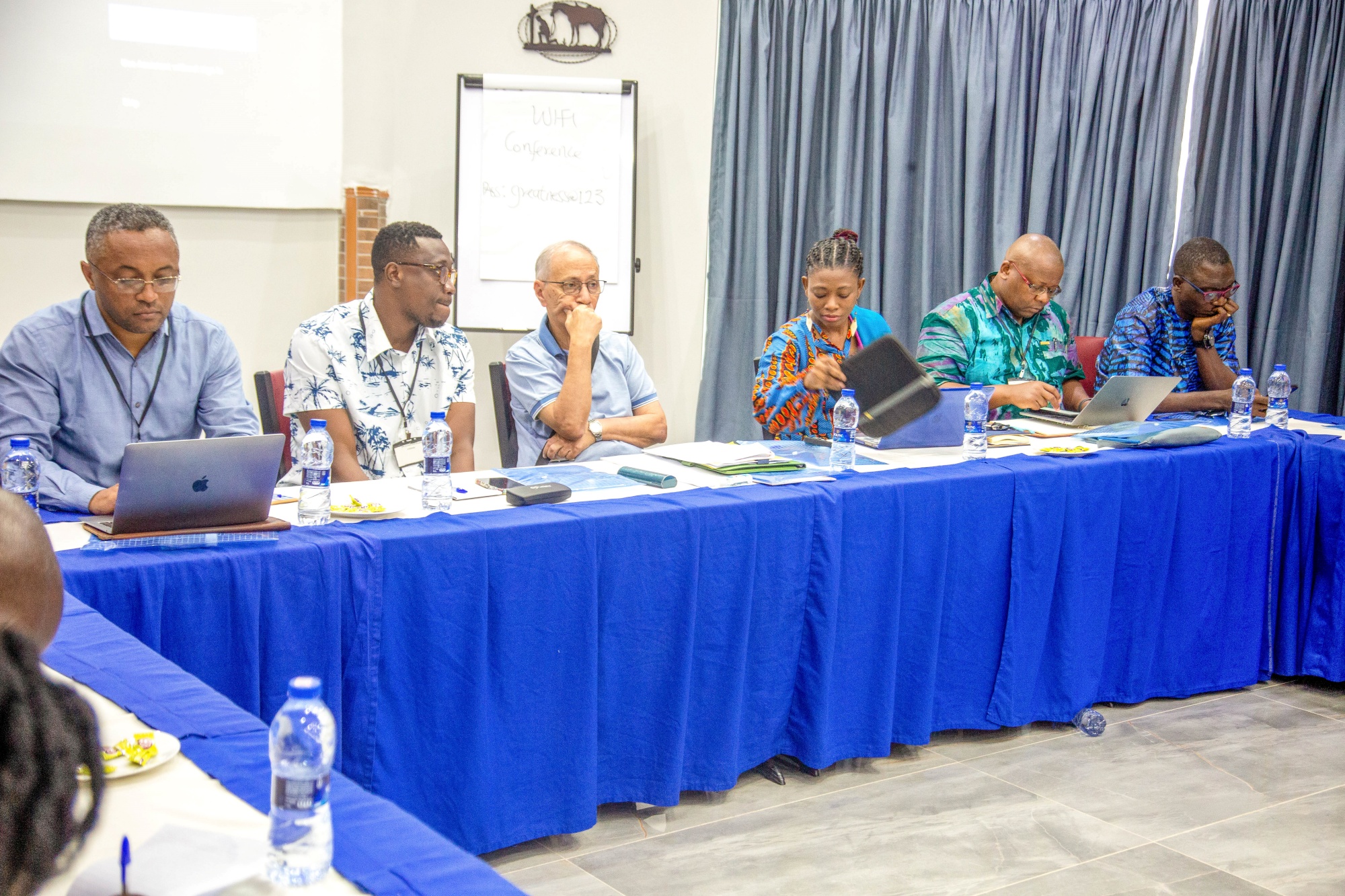
The event also featured a roundtable discussion on "Towards Equality in Knowledge Production on Migration and Mobility in the Global South" and a session on graduate and post-doctoral training and mentorship for early career researchers, led by Dr. Godwin Murunga of CODESRIA.
The discussions set the stage for future collaborations and the continued development of the South-South Migration Network.